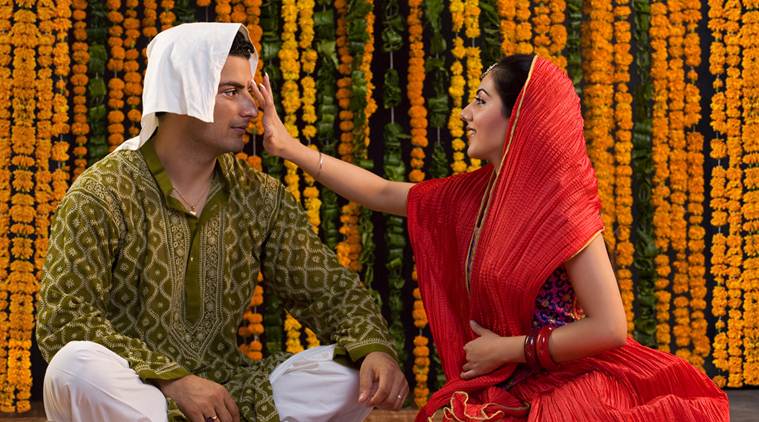Bhai Dooj 2018: Puja Vidhi, Tikka Muhurat, Time, Samagri, Mantra
Bhai Dooj is celebrated on the second day of Shukla Paksha, the Hindu lunar month of Kartik. It falls on the day of the new moon and generally is celebrated some time between October and November. The second day is also known as dwithiya’ or 'dooj’. Therefore the festival is known as Bhathru Dwithiya or Bhai Dooj.

Bhai Dooj 2018 Puja Vidhi, Tikka Muhurat:Bhai Dooj is celebrated on the second day of Shukla Paksha. (Source: File Photo)
The festival of light is at its final stages. Diwali, the five-day festival that started with Dhanteras, is about to be over and people are now gearing up to celebrate the rituals of Bhai Dooj. The festival celebrates the unique bond brothers and sisters share and though similar to Raksha Bandhan, no thread is tied on the brother’s hand. Instead, the sisters pray for the well being and long life of their brothers while the latter promises to protect them.
Bhai Dooj is celebrated on the second day of Shukla Paksha, the Hindu lunar month of Kartik. It falls on the day of the new moon and generally is celebrated some time between October and November. The second day is also known as dwithiya’ or ‘dooj’. Therefore the festival is known as Bhathru Dwithiya or Bhai Dooj.
The day is celebrated with abandon and gusto in several parts of the India. In places like Bihar, Bengal, Maharashtra and in some parts of Gujarat, the day holds special importance. It is also celebrated in Nepal. The day is known in different places by different names. In Nepal it is known as Bhai Tika, Bhau Beej in Goa, Maharashtra and Karnataka, Bhai Photo, Bhathru Dwithiya, Bhau-deej, in Bengal, and Ningol Chakuba in Manipur.
ALSO READ | Happy Bhai Dooj 2018: Wishes Images, Status, Wallpaper, Quotes, SMS, Messages, Photos, Pics and Greetings
On the auspicious day, sisters put a tilak on the brother’s forehead and performs aarti of him. In return they are given gifts and blessings. The tilak ceremony, however, differs from place to place. In Bengal, sandal paste and kajal are used while blessings are offered with dhaan (paddy grain) and durba (grass). In Nepal, on the other hand, seven colours are used in the tilak.
According to Drik Panchang, the Dwitiya Tithi begins on November 8 at 9:07 pm and will end at 9:20 pm on November 9.






















No hay comentarios:
Publicar un comentario